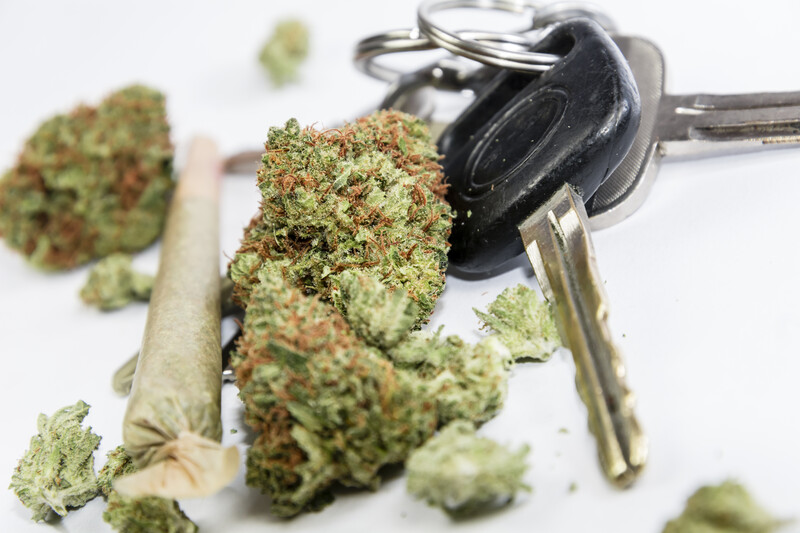Dec 28
The lawyers at Lockyer Zaduk Zeeh are experienced in representing individuals charged with impaired operation by drug and impaired operation by marijuana (cannabis). We have a successful track record of securing favourable results for our clients. If you are charged with a driving offence, contact Lockyer Zaduk Zeeh to schedule a consultation by calling 416-613-0416 or by e-mail at info@lzzdefence.ca
What does DUI mean?
Though not a legal term in Canada, driving offences are commonly referred to as “DUIs”. DUI stands for Driving Under the Influence. “Influence” refers to a state of intoxication due to the consumption of drugs, alcohol, or any other substance that causes impairment. Being charged with this offence may result in license suspensions, fines, criminal convictions and even jail time if you are found to be driving under the influence of drugs.

Does Cannabis Affect my Driving Abilities?
Cannabis in any quantity has the potential to affect your:
- Motor Skills
- Reaction Time
- Decision Making
- Concentration and Memory
Each of the above in any combination or singularly can impact your driving and reaction time.
Is it Illegal to Drive While High?
Yes – operating a vehicle while high on cannabis is a criminal offence. The Criminal Code sets out the following legal limits on THC in your bloodstream:
- Between 2 and 5 nanograms of THC per ml of blood within two hours of driving results in a $1,000 fine as a summary conviction criminal offence.
- Over 5 nanograms of THC per ml of blood within two hours of driving could be a summary or indictable offence, and the punishment ranges from a $1,000.00 fine to a maximum of 10 years in jail for repeat offenders.
How do the Police Test for Cannabis?
The police have a mobile saliva-testing device which allows a police officer to swab the inside of a driver’s mouth for a sample of oral fluid. The oral fluid is then tested to determine if and how much THC is present.
Also known as a mobile screening device, failing it will produce a result that will be used alongside other officer observations to determine whether impairment is a reasonable possibility. If police find that there are reasonable grounds to believe that a driver was impaired by drug, an arrest will issue and the driver will be transported to a police detachment for further testing.
Canada is continuing to invest in SFST (standardized field sobriety test) and DRE (drug recognition expert) training to increase safety on our roads. These specialists in drug and alcohol impairment are trained to use a variety of methods to determine one’s impairment, including breathalysers, toxicological exams, and interviews.

